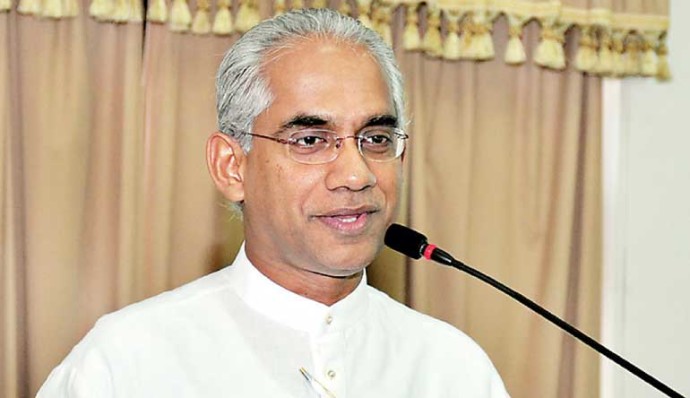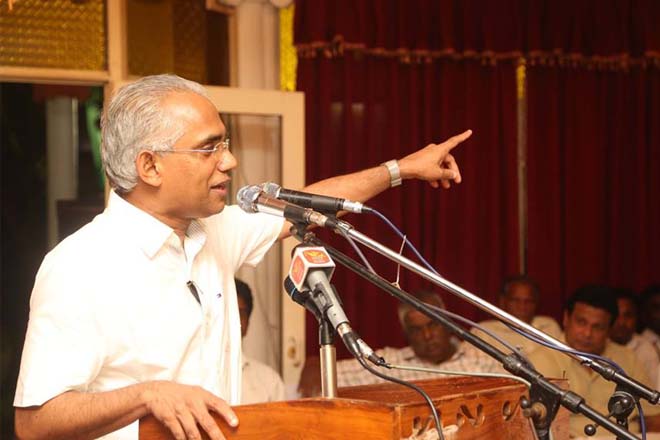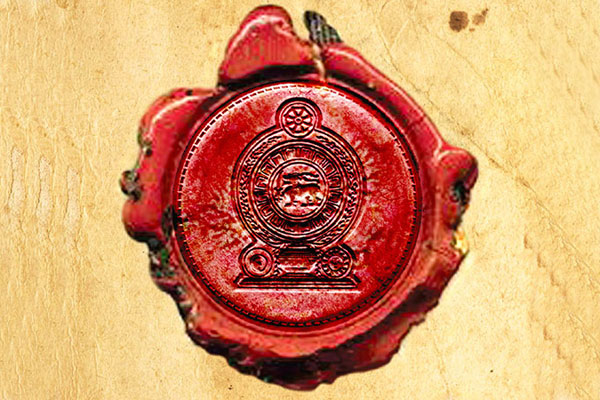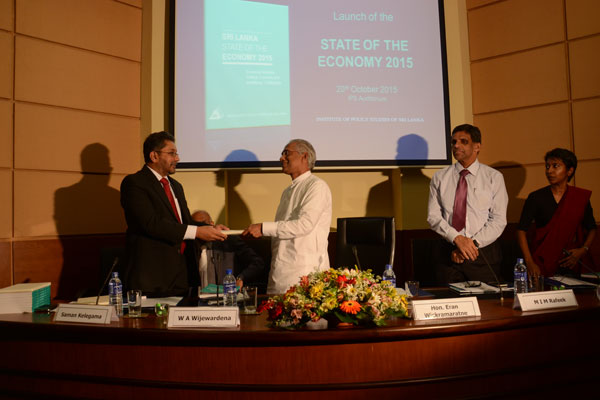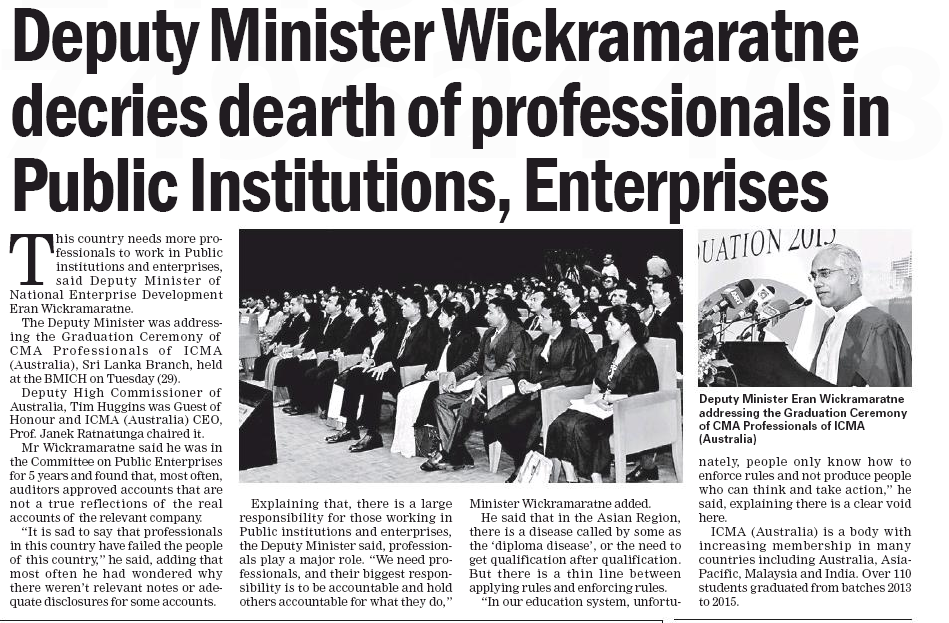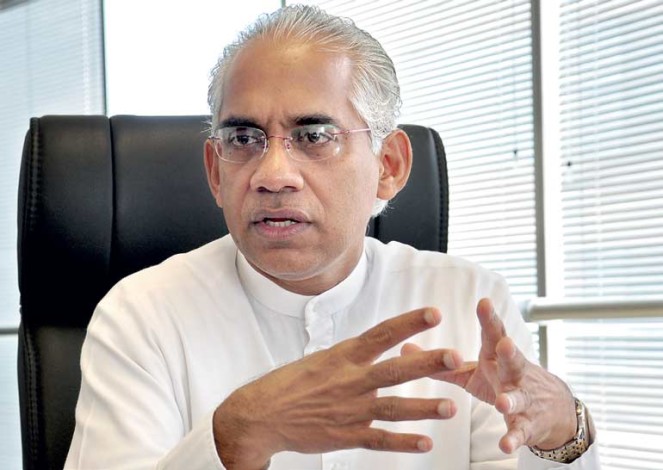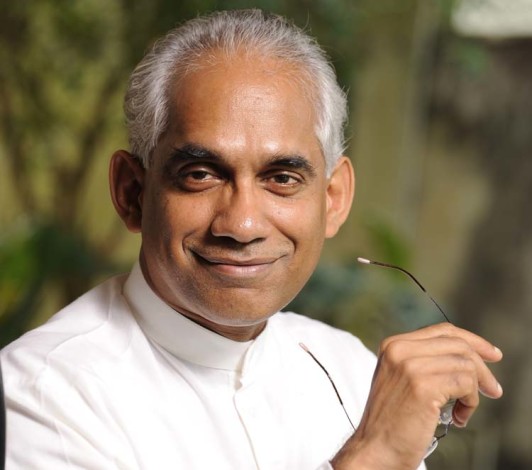
UNP MP and Investment Promotions and Highways Deputy Minister Eran Wickramaratne said yesterday that factions of the UPFA went against the wishes of the people by diluting one of the most important features that would have made the 19th amendment more meaningful for the people. He said the UNP and Maithripala Sirisena campaigned to abolish the Executive Presidency and build an independent, depoliticised public sector.

